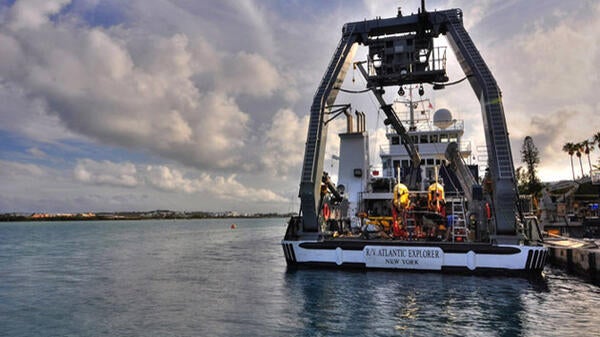Some of our achievements in 2012 using ocean science for human good include work to:
BIOS Explorer Brings Sargasso Science to Bermuda Students
February 25, 2013
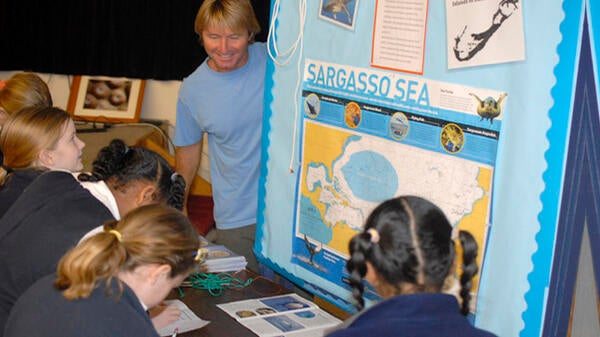
In the two-week period from January 21 through February 1, over 1000 students and teachers from 18 different primary schools around the island came to BIOS for the 2013 BIOS Explorer program. This year’s theme, “Expedition Sargasso,” focused on the biology, chemistry, and physics of the Sargasso Sea – the only sea in the world bounded by currents instead of land masses.
Leading the Way in Ocean Science Education
March 25, 2013
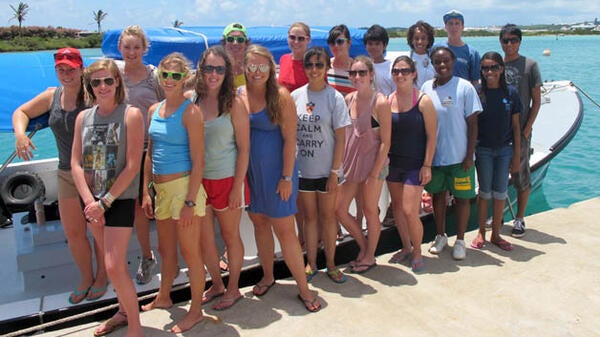
At BIOS, we believe that ocean science for human good involves not only research with tangible benefits for communities and the environment, but also education programs that highlight the many ways our lives are connected with the ocean. We view education as a crucial part of ocean science research, helping to translate the work of our faculty into meaningful experiences for visitors, students, teachers, and Bermuda residents.
Young BIOS Employee Embarks on New Adventure Overseas
April 26, 2013

Back in 2006 when Forrest Williams first arrived at the Bermuda Institute of Ocean Sciences (BIOS) as a Waterstart student, he wasn’t sure where the experience would take him. “My science teacher in school referred me to the program…I guess she thought I was a good student,” recalls Forrest.
Women in an H2O World
April 26, 2013
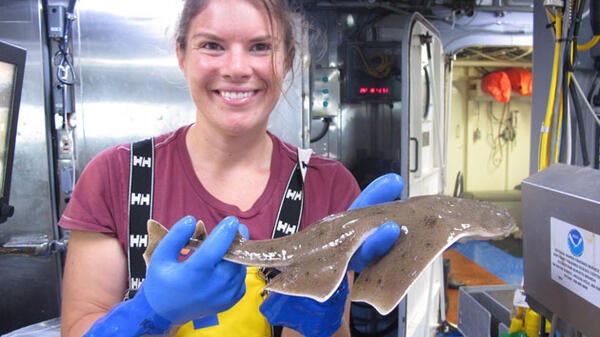
Girl Power in Science! As part of her NOAA Teacher at Sea experience, Kaitlin Baird (BIOS’s Science in Education Coordinator) compiled a list of women working in diverse aspects of ocean science research and education.
BIOS Debuts “Oceans and Human Health” Course
May 26, 2013
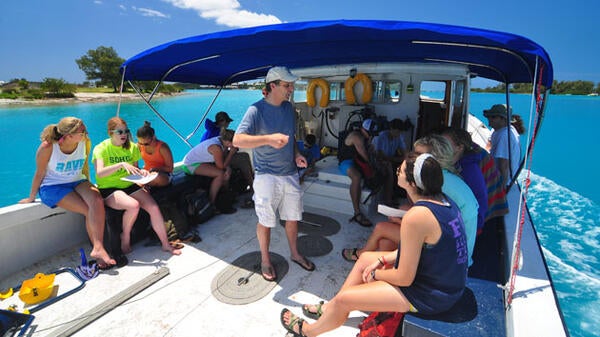
This month marks the first year that students at Furman University can take the “Oceans and Human Health” (OHH) course at BIOS for their May Experience, an optional three-week term following commencement that allows students to participate in unique academic experiences, including shorter study abroad courses and instruction in research methods. Coordinated by BIOS’s Dr. Andrea Bodnar, the course is offered through the International Center for Ocean and Human Health at BIOS, which was established in 1998 to encourage interdisciplinary research among the ocean and medical sciences.
Canadian Students Excel at BIOS
May 26, 2013
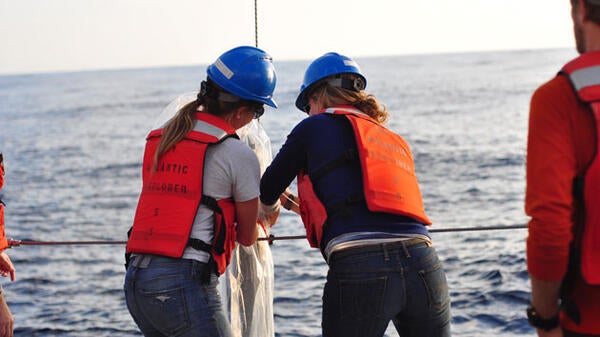
Since its inception in the 1970s, the Canadian Associates of BIOS (CABIOS) program has provided over a hundred Canadian students and young scientists with financial assistance to pursue oceanographic research or academic coursework at BIOS. Founded by the late Dr. Earlston Doe, a former BIOS Life Trustee and Canadian oceanographer born in Bermuda, the CABIOS fund honors the memory of his youngest son Learmont “Leary” Doe.
CABIOS & REU Students Publish Paper with BIOS Faculty
July 27, 2013
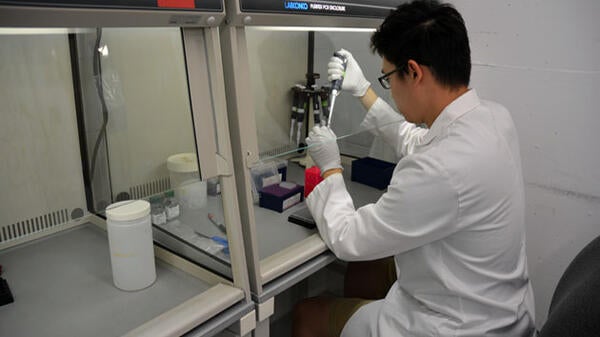
In today’s competitive academic environment and job market, graduate and undergraduate students can benefit from internships and study abroad semesters that provide hands-on experience in marketable skills. For decades BIOS has been providing aspiring scientists with such opportunities through CABIOS (Canadian Associates of BIOS), the NSF-funded Research Experiences for Undergraduates (REU) program, and the Bermuda Program.
Enhancing Workforce Capacity
October 28, 2019
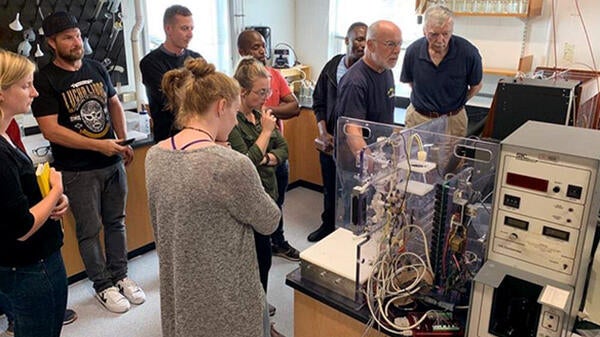
From September 23 through 27, Professor Nicholas Bates, senior scientist at BIOS and Dr. Ludger Mintrop, owner of Marianda—a company in Kiel, Germany that specializes in instruments for marine chemistry analysis—co-hosted a first-of-its-kind professional development course in Bermuda.
In Search of Storms
October 28, 2019
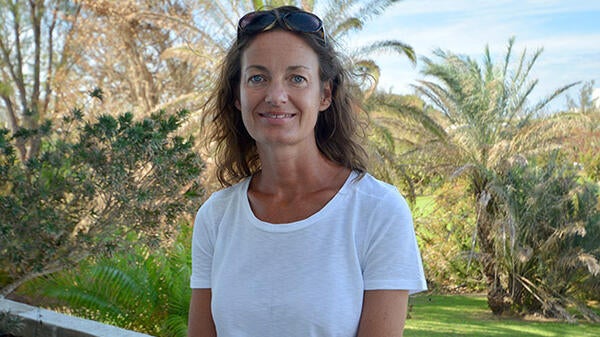
Samantha Hallam, a doctoral student at the University of Southampton National Oceanography Centre in the United Kingdom, has been fascinated by storms since she spent time sailing dinghies as a little girl in her hometown of Hampshire, England. This interest in “storminess,” as she puts it, drove her education, beginning with an undergraduate degree in environmental science from the University of East Anglia in 1990. This was followed by a master’s degree in ocean science from the University of Southampton in 2014, where her thesis research was on ocean influences on the North Atlantic jet stream – a narrow band of fast-moving wind that plays a large role in weather across western Europe.
